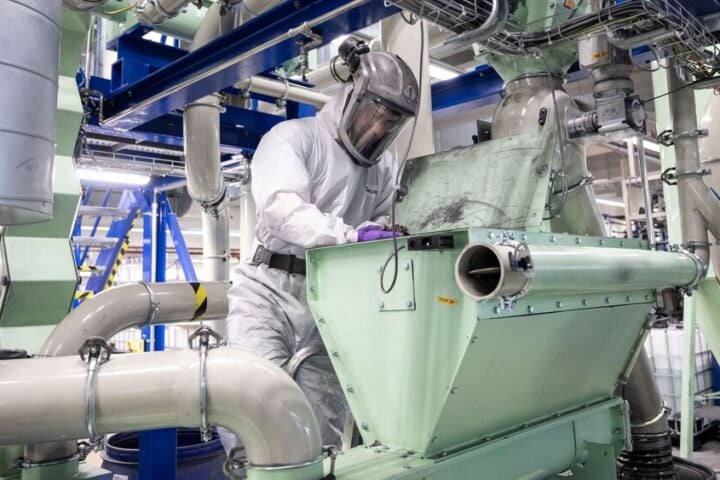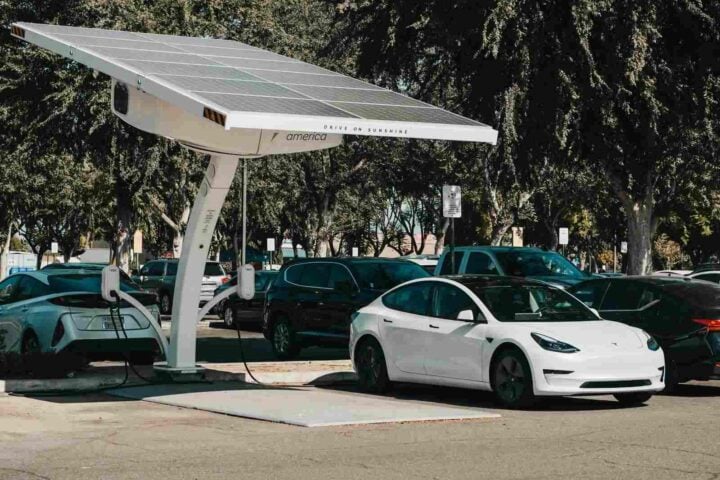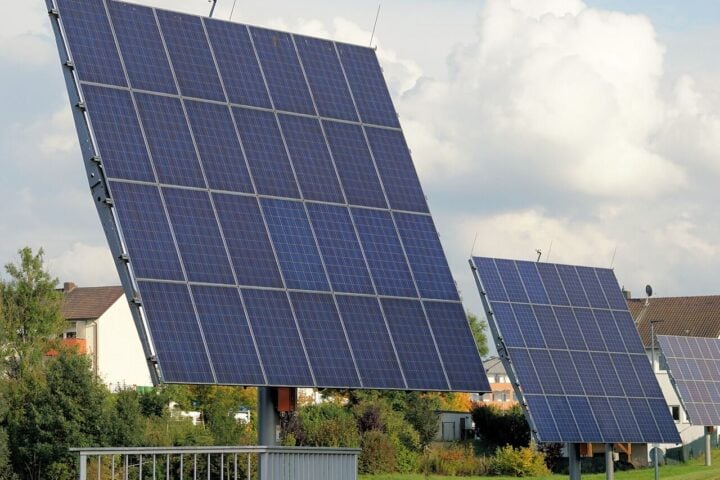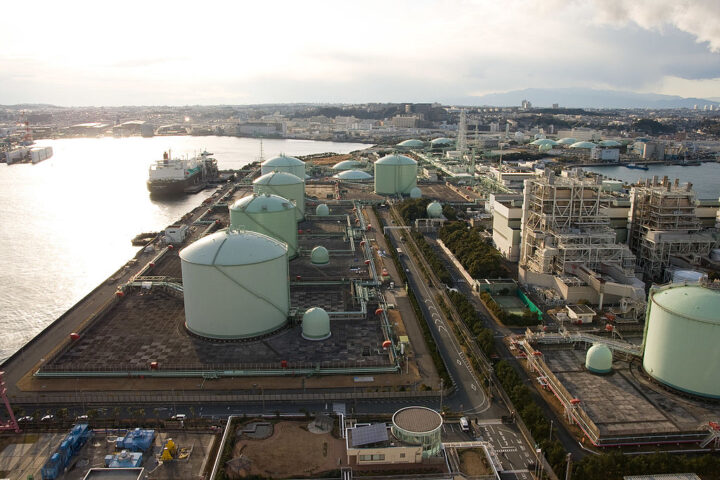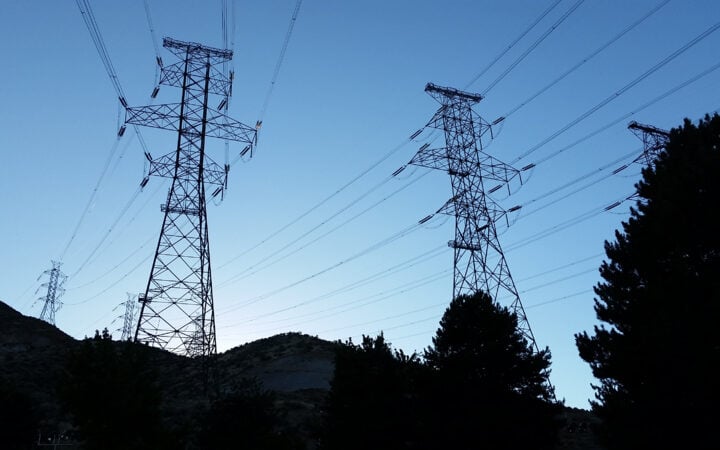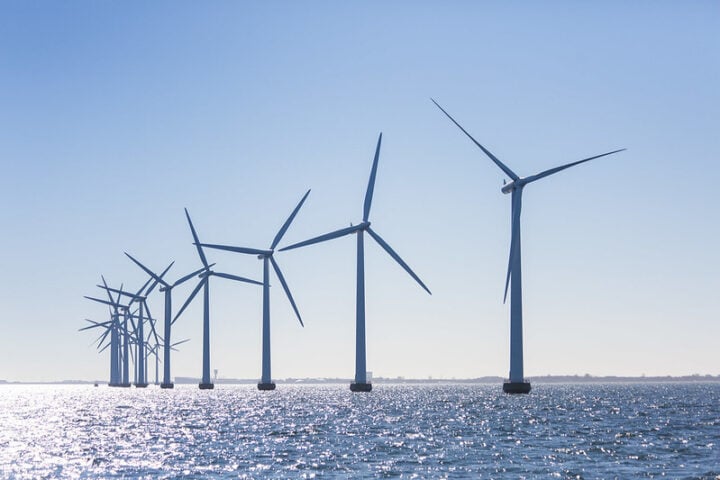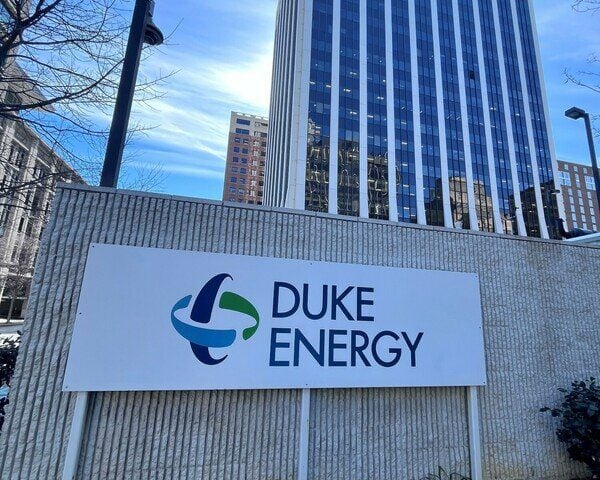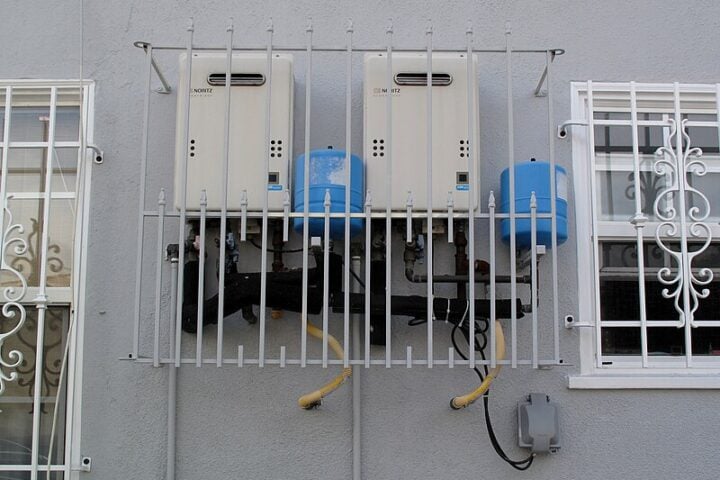An enzyme that converts air into electricity has been discovered by scientists, potentially unlocking a near-limitless source of energy. A hydrogen –consuming enzyme from a common soil bacterium that is able to generate an electrical current using the atmosphere as an energy source, has been found by a team from Monash university in Melbourne, Australia.
Professor Chris Greening from Monash University’s Biomedicine Discovery Institute said, “We’ve known for some time that bacteria can use the trace hydrogen in the air as a source of energy to help them grow and survive, including in Antarctic soils, volcanic craters, and deep in the ocean.”
“But we didn’t know how they did this, until now.”
The journal Nature published the discovery in a paper,titled ‘Structural basis for bacterial energy extraction from atmospheric hydrogen,’on Wednesday.
According to the researchers, the enzyme, called Huc, proved to be astonishingly stable and remarkably efficient at creating “energy from thin air”. Dr Rhys Grinter from Monash University said,”Huc is extraordinarily efficient.”
“Unlike all other known enzymes and chemical catalysts, it even consumes hydrogen below atmospheric levels- as little as 0.00005% of the air we breathe.” experiments revealed that it is possible to safely store purified Huc for longer periods at freezing temperatures or up to 80 degrees Celsius without it losing its power to generate electricity.
- Air Pollution in India: 1.5 Million Deaths Annually, No Region Meets WHO Standards
- Amazon Kuiper Launch Scrub: ULA Atlas V grounded by weather, delaying $10B constellation & race vs FCC deadline
- World’s Largest Chimpanzee Sanctuary Is a 200-Acre Louisiana Haven for Over 300 Former Research Chimps
- Safetussin Cold Medicine Recall Hits 14,250 Packs for Child-Safety Failures Nationwide
- SEPTA Budget Crisis Cuts 50 Bus Routes, 5 Rail Lines, Hikes Fares 21.5%, Slashes 45% Service by 2026
It serves as an alternative to solar-powered devices, as early applications of the “natural battery “enzyme Huc include small air-powered devices.
To scale up the production of Huc is the most immediate objective so that it can be effectively used at a meaningful scale. “Once we produce Huc insufficient quantities, the sky is quite literally the limit for using it to produce clean energy”, said Dr Grinter.”




